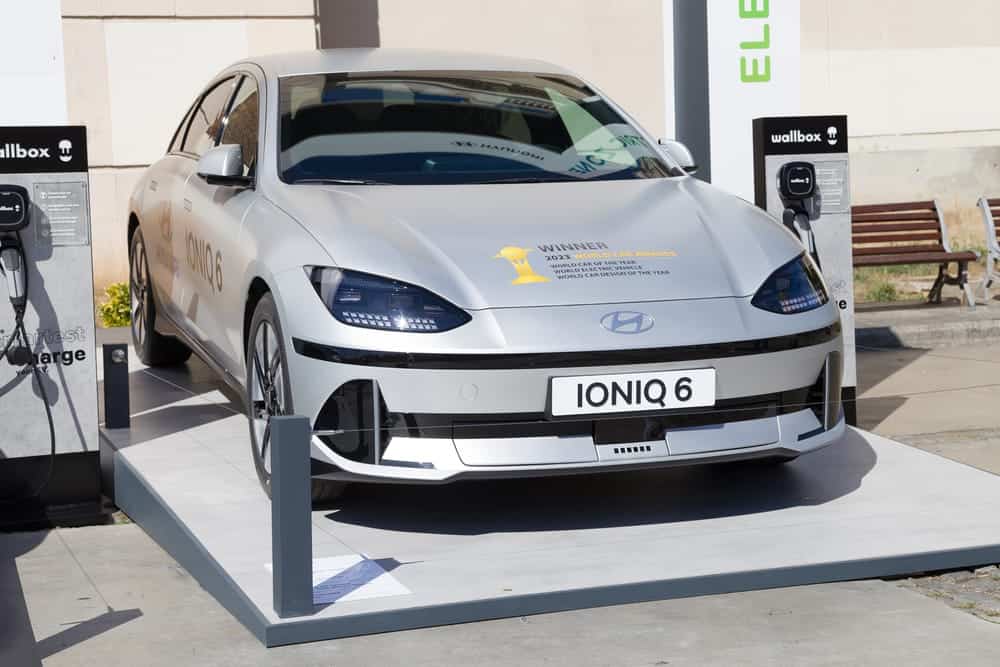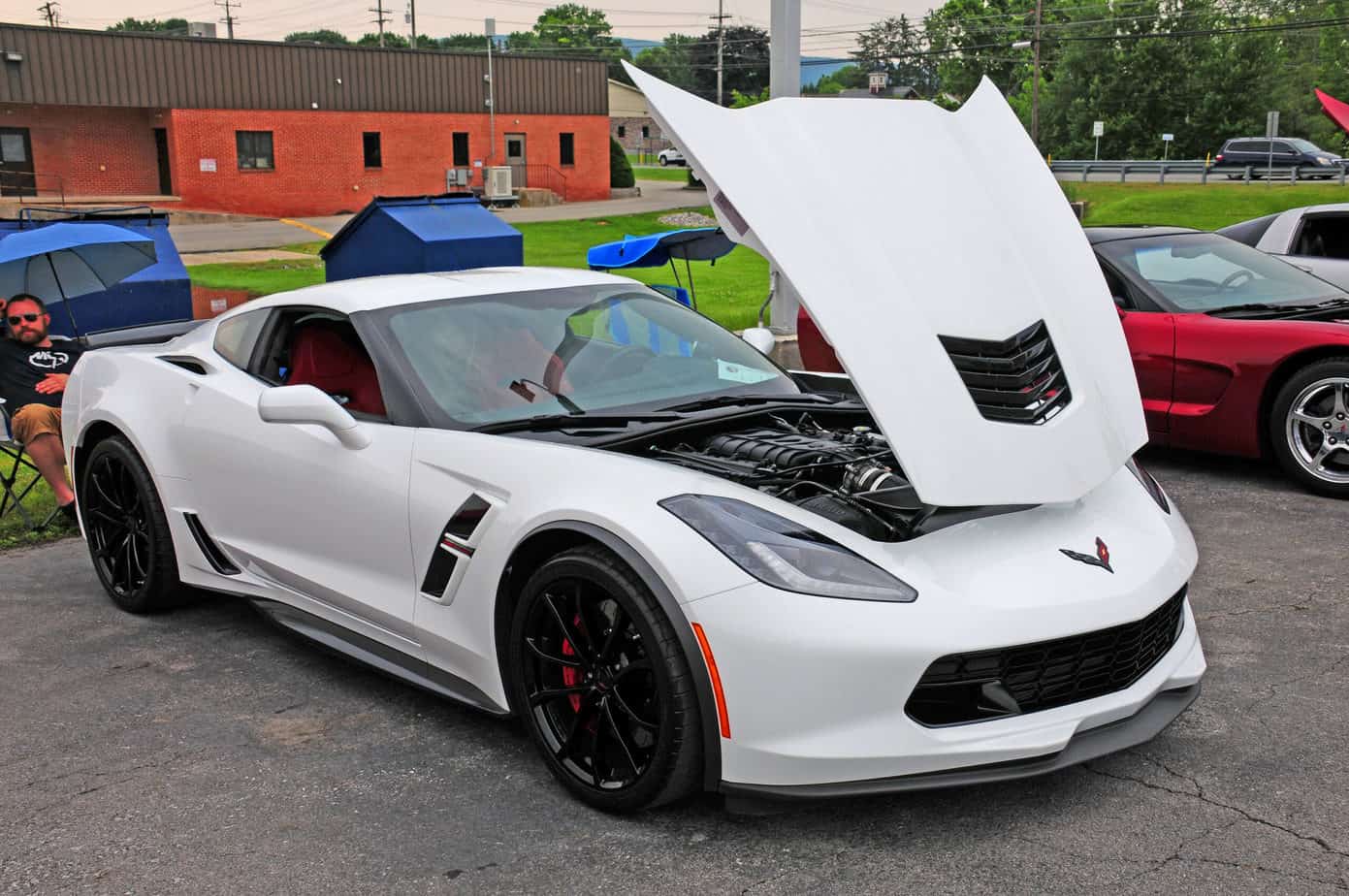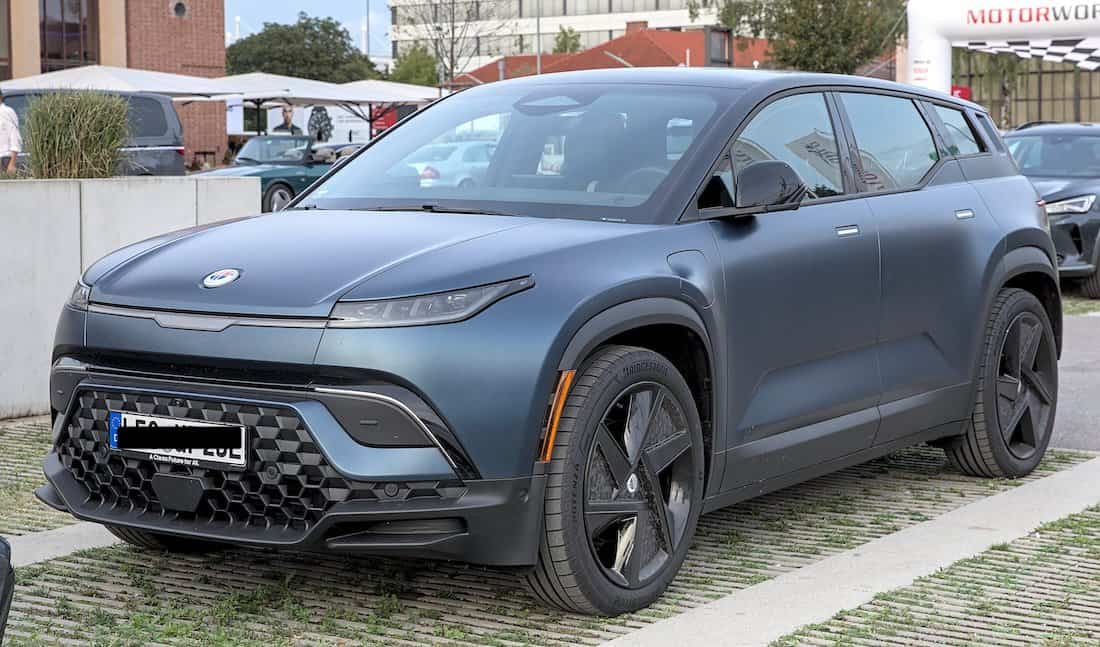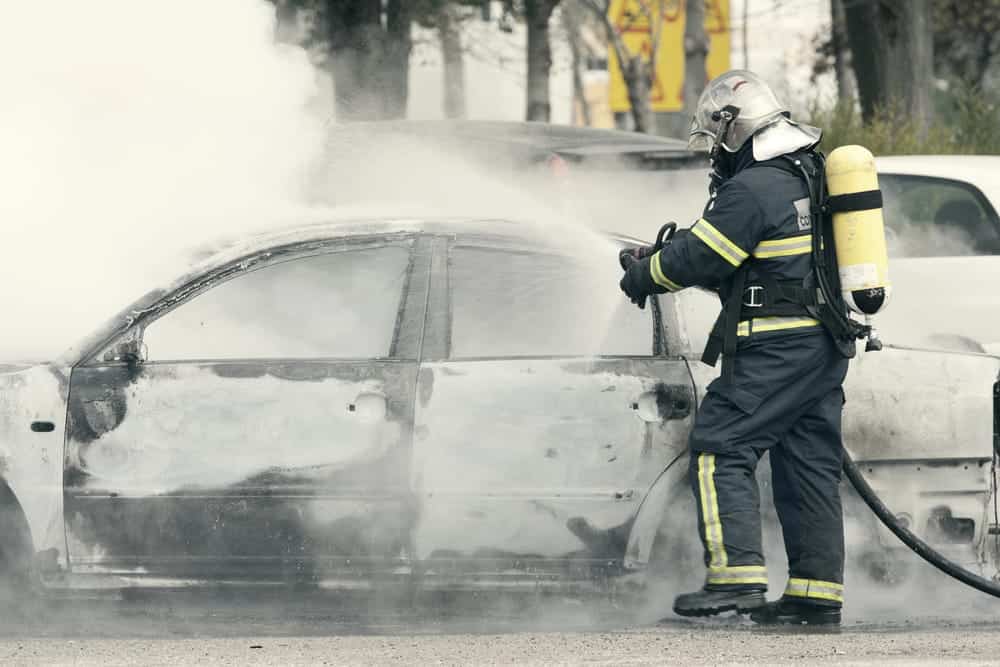Has your Hyundai Ioniq 5, Hyundai Ioniq 6, Kia EV6, or Genesis GV60 Electric Vehicle (“Class Vehicles”) experienced issues using home charging stations, resulting in overheating and the inability to charge your vehicle? It may be a lemon, and you should pay careful attention to a recently filed class action lawsuit and call a lemon lawyer for advice.
Hyundai, Kia, and Genesis vehicle owners who may have this significant charger problem need to pay close attention to their rights. According to a new class action lawsuit filed in California, the affected vehicles include:
- Hyundai Ioniq 5
- Hyundai Ioniq 6
- Kia EV6
- Genesis GV60
These EVs are advertised as offering certain charging times at home by using a level 2 charger. The complaint alleges that 240-volt level 2 chargers should charge these electric vehicles at 48 amps in about seven hours. Kia EV6 owners are promised a charging time of five hours and 50 minutes at home with a level 2 charger.
But defects in the Class Vehicles’ charging systems allegedly cause the level 2 chargers to overheat before the vehicles are charged, sometimes within 30 to 60 minutes of use. Class Vehicle owners must unplug and re-plug the chargers to restart the charging process.
Owners who plug in their vehicles at night return in the morning to find that their cars are not fully charged or haven’t been charged or drained.
The plaintiffs blame the problem on a defect in the charging port design on these vehicles, which causes overheating (the “Charger Defect”).
Additionally, the class action lawsuit alleges that the overheated chargers can lead to damage to vehicle components.
Plaintiffs seek compensation for overpaying for their vehicles and for the injuries and monetary damages sustained because of the unlawful interference with the performance of Class Vehicles through a software update.
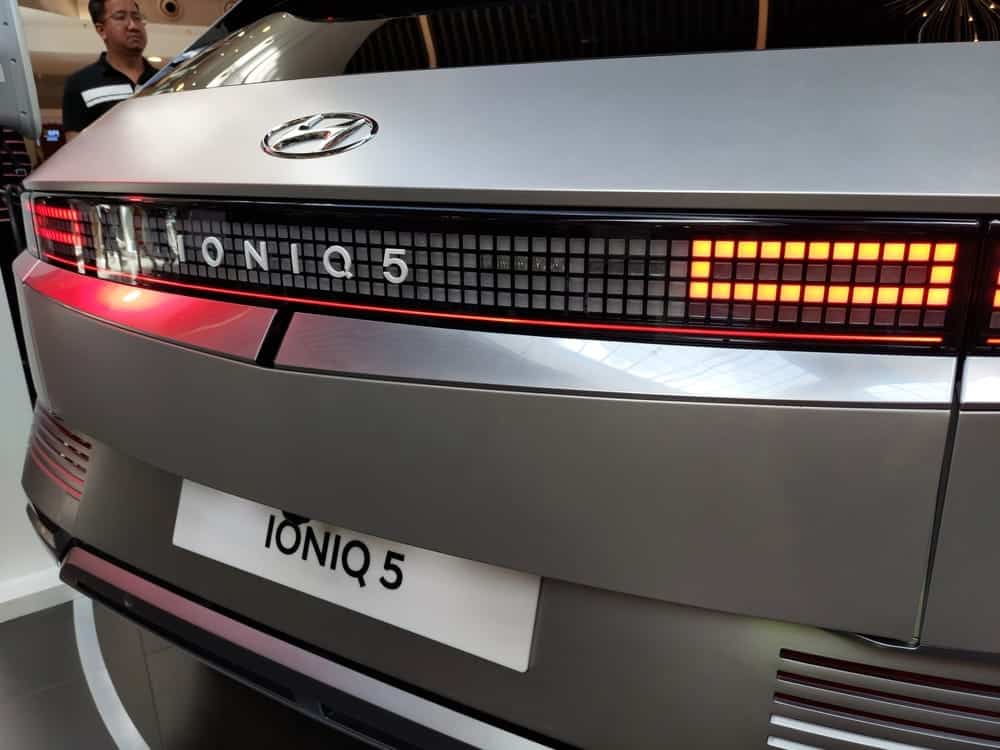
The class action further alleges Hyundai and Kia offered a software repair, which does nothing to solve the Charger Defect but allegedly lowers the level 2 charging speeds to avoid overheating, creating charging times of more than 10 hours and leaving customers with different vehicles than advertised.
According to the complaint, the Hyundai level 2 charger problems resulted in issuing Technical Service Bulletin (TSB) 23-EV-003h to dealers to address level 2 charger problems when an electric vehicle “intermittently stops charging before charging completes.” But the class action lawsuit alleges the TSB never mentions how the software update will double the charging time.
Hyundai and Kia customers must allegedly manually turn down the charging current to prevent charge failures. Still, some vehicles allegedly suffer failures while charging at only 28 amps, which means it will take much longer to fully charge the electric cars.
Owners or lessees of these vehicles who live in California should know that California lemon law and federal law may force Defendants to either “buy the vehicle back” or provide substantial compensation for those experiencing these defects.
Under California’s lemon law, qualifying “lemons” must be repurchased or payments refunded. Depending on the situation, this refund could be as much as everything you paid for the vehicle and everything you owe: monthly payments, down payments, tax, finance charges, license, registration, etc. You could even qualify for two times your money back.
A formula in the law starts with you getting all your money back and then taking certain deductions and exclusions. Those exclusions are challenging to understand and can be fought against by knowledgeable consumer attorneys.
Hyundai, Kia and Genesis EV Class Action FAQ
What is the class action lawsuit name and case number?
The class action lawsuit is titled Gould et al. v. Hyundai Motor Company, et al., Case No. 8:23-cv-01344.
What is the Status of the Hyundai-Kia-Genesis Charger Class Action?
The Hyundai-Kia-Genesis level 2 charger class action lawsuit was filed on July 26, 2023, in the United States District Court for the Central District of California.
The court has set no deadlines yet for discovery and dispositive motions. The court has not yet certified the case to move forward as a class action.
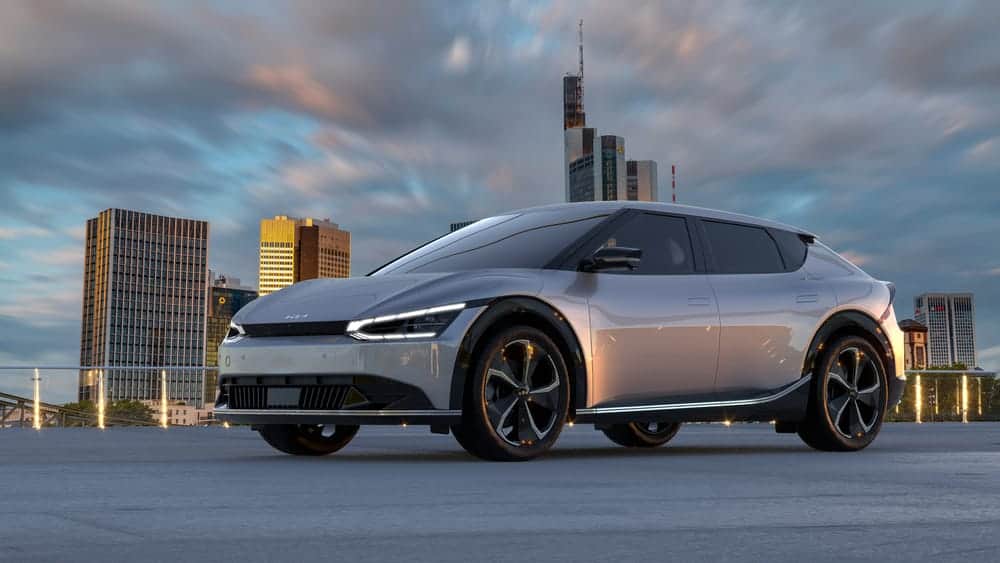
What are the affected vehicle models identified in the class action lawsuit?
The affected vehicle models are:
- Hyundai Ioniq 5
- Hyundai Ioniq 6
- Kia EV6
- Genesis GV60
For free information on your legal right to seek compensation, fill out the form below or call us at 1-855-OPT-OUT1 (1-855-678-6881).
How many Hyundai, Kia and Genesis vehicles are affected by these alleged defects?
According to the class action lawsuit complaint, “Plaintiffs believe that the total number of Class Plaintiffs is at least in the tens of thousands, and are numerous and geographically dispersed across the country.”
What does the class action lawsuit allege are the defects in the charging systems of the Class Vehicles?
The complaint alleges that 240-volt level 2 chargers should charge these electric vehicles at 48 amps in about seven hours. However, Kia EV6 owners are promised a charging time of five hours and 50 minutes at home with a level 2 charger.
The complaint further alleges Hyundai and Kia offered a software repair, which does nothing to solve the Charger Defect but allegedly lowers the level 2 charging speeds to avoid overheating, creating charging times of more than 10 hours and leaving customers with different vehicles than advertised.
According to the plaintiffs, the Hyundai level 2 charger problems resulted in issuing Technical Service Bulletin (TSB) 23-EV-003h to dealers to address level 2 charger problems when an electric vehicle “intermittently stops charging before charging completes.” But the class action lawsuit alleges the TSB never mentions how the software update will double the charging time.
Hyundai and Kia customers must allegedly manually turn down the charging current to prevent charge failures. Still, some vehicles allegedly suffer failures while charging at 28 amps. This means it will take much longer to fully charge the electric cars.
The lawsuit alleges the Class Vehicles are advertised as offering certain charging times at home using a Level 2 charger. But defects allegedly cause the level 2 chargers to overheat before the vehicles are charged, sometimes within 30 to 60 minutes of use. Class Vehicle owners must unplug and re-plug the chargers in order to restart the charging process. As a result, owners who plug in their vehicles at night return in the morning to find that they are not fully charged.
Additionally, overheated chargers often lead to damage to vehicle components. 240-volt level 2 chargers should allegedly charge electric vehicles at 48 amps in about seven hours. However, the class action alleges the Kia EV6 promises a charging time of five hours and 50 minutes at home with a level 2 charger.
Have the consumers been offered anything to resolve this issue?
Technical Service Bulletin (TSB) 23-EV-003h was issued to dealers due to level 2 charger problems when an electric vehicle “intermittently stops charging before charging completes.” However, according to the class action lawsuit complaint, the TSB never mentions how the software update will double the charging time.
Hyundai and Kia customers must allegedly manually turn down the charging current to prevent charge failures. Still, some vehicles allegedly suffer failures while charging at 28 amps. This means it will take much longer to fully charge the electric cars. The plaintiffs blame the problem on a defect in the charging port design, which causes overheating.
Is there anything I need to do right now?
To bring your claim, you can do so now and opt out when you receive notice. As a settlement has not been reached nor class notice mailed out, there is nothing you need to do at this time. However, to discuss your lemon law rights, please call us at (855) OPT-OUT1 (855-678-6881).
Why Should I Opt Out of A Class Action Lawsuit?
For many people, a class action settlement may provide significant benefits. If the class is certified, you will receive notice that the court approves the case to move forward as a class action and of your right to opt out of the class by a specific deadline. If they prevail at trial, you receive whatever relief the judge or jury awards. But if they lose, you may not litigate claims over the issues raised in the case.
For others, particularly where they may have had significant damages, pursuing individual claims may allow them to receive a better recovery in a shorter period, but with no guarantee that they will get anything in a settlement. What to do can be a complicated decision, as it can depend on many factors, such as:
- How old is your car?
- Have defects occurred in your car?
- Have you taken it in for repairs on more than one occasion?
- Do you still own the car?
- Is the vehicle still under warranty?
- Where do you live?
- Depending on the answers to those questions, while there is no guarantee you will receive any recovery, you may have the opportunity to receive significant relief, including a vehicle repurchase and additional damages.
We can help you sort through these questions and make an informed decision.
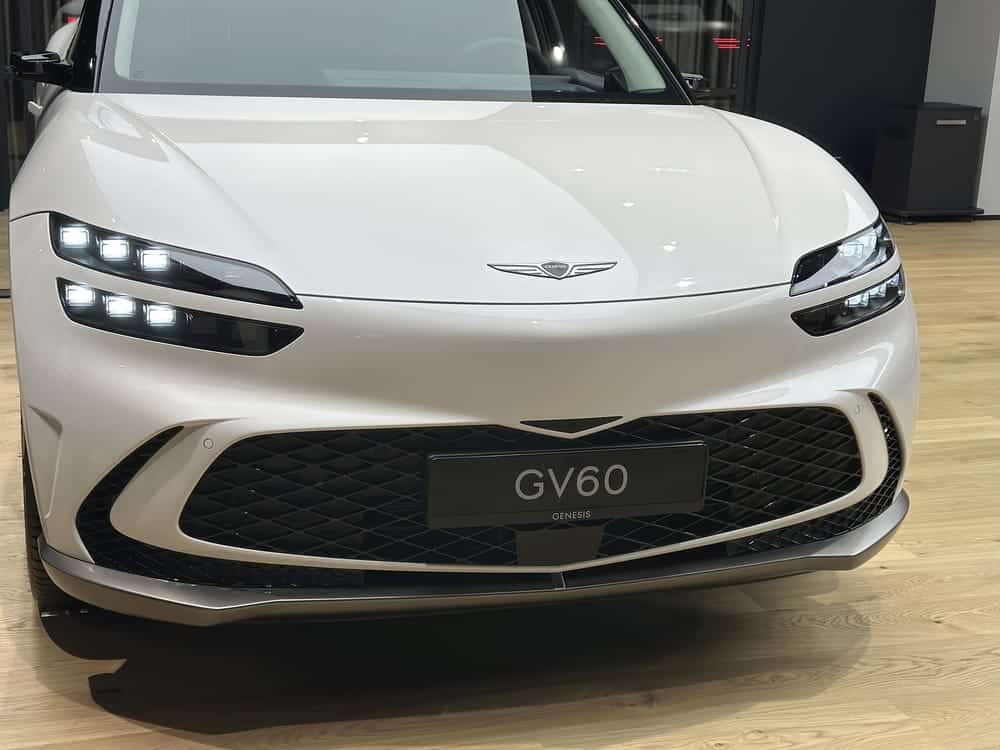
Do All Class Vehicles Experience the Charger Defects?
According to the Complaint, the Class Vehicles are defined as Hyundai Ioniq 5, Ioniq 6, Kia EV6, and Genesis GV60. They all share a standard electric vehicle charging platform.
What is the Song-Beverly Warranty Act?
The Song-Beverly Warranty Act, California Civil Code §1793.2(d)(1), is a California state law requiring manufacturers to repair defects after reasonable repair attempts. What is “reasonable” is unclear – safety defects should be fixed immediately, for example. The defects must be important and must “substantially impair the vehicle’s use, value, OR safety.” Civil Code §1793.22(e)(2).
Under Civil Code §1793.2(d)(1), manufacturers must promptly offer repurchase or replacement of the Class Vehicle they cannot fix in a reasonable time frame. Finally, under Civil Code §1794(d), manufacturers must pay the plaintiff’s attorney’s fees and costs as part of the settlement, as the Song-Beverly Act is a pro-consumer fee-shifting statute.
Have questions? Contact us for a free consultation.
There are a lot of factors to consider in deciding whether to opt out of a class action settlement and pursue individual claims. We can help you sort through these questions and make an informed decision about your options.
